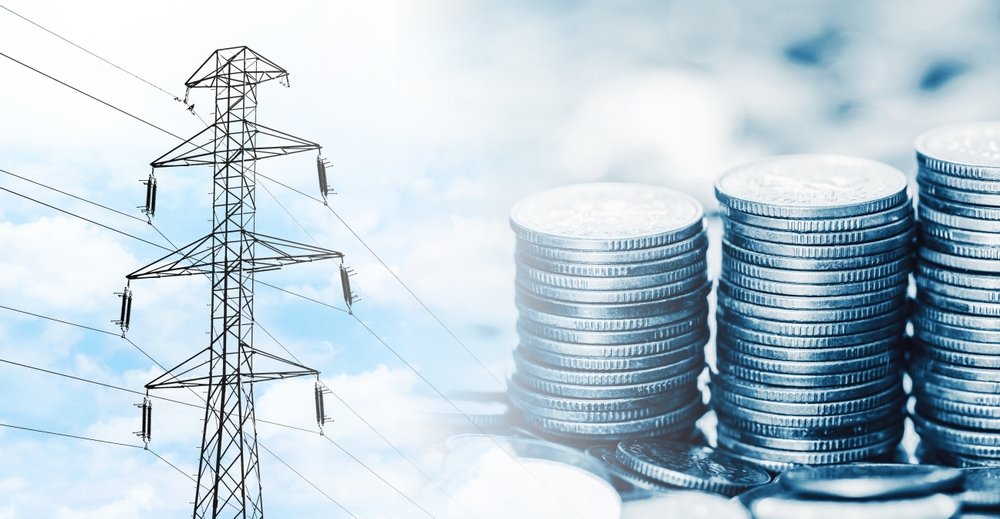Germany is struggling with high electricity costs. RWE CEO Markus Krebber considers the industrial electricity price a crucial tool for industrial competitiveness. Despite existing relief measures, he considers additional subsidies of up to €15 billion annually to ease energy prices indispensable. Regarding the necessary sums, he declares: “It can’t be a problem.” (welt: 09.09.25)
Billions for relief and industrial electricity prices
The German government has already approved extensive subsidies. Annually, €6.5 billion will be spent on reducing grid charges, plus €1.5 billion in tax relief. The federal government will also cover the gas storage surcharge, saving a further €3.4 billion. Nevertheless, electricity costs remain high compared to other European countries, which is why the debate about industrial electricity prices is intensifying.

The European Commission has established guidelines that clearly limit the scope for subsidies. The industrial electricity price may subsidize a maximum of half of electricity demand, and only for three years. This affects energy-intensive industries such as chemicals, steel, and semiconductors. In Germany, however, political differences prevented rapid implementation. While CDU Minister Katharina Reiche spoke of positive effects on energy prices, Chancellor Olaf Scholz and the FDP put the brakes on the proposal.
Focus on Competitiveness
For Krebber, it is clear: Without fair energy prices, Germany will lose competitiveness. “If you let the market play its part, you won’t be transporting green energy to Germany, but rather energy-intensive raw materials.” Industries such as aluminum or ammonia could relocate abroad. New dependencies would result, making subsidies even more urgent.
Krebber believes up to €15 billion in annual subsidies is realistic. “That can’t be a problem,” he emphasizes. By way of comparison, he cites medical costs of €85 billion. In his view, the industrial electricity price is essential to ensure competitiveness and cushion rising electricity costs for companies.
Short-term aid and long-term risks
Economists warn against perverse incentives, but companies demand planning security. Most companies consider three years too short to secure investments. Krebber therefore advocates for fixed rules for at least ten years. Energy prices can only be stabilized with a reliable framework.
Experts such as Achim Wambach from the ZEW argue against permanent subsidies. “Bridging subsidies” make sense if the objective is clear. Permanent support measures could undermine rather than strengthen competitiveness. Nevertheless, it is clear that without an industrial electricity price, key industries will stumble.
Relief only partially effective
Many large consumers are already benefiting from exemptions from grid charges and CO₂ costs. Electricity tax is also at a minimum. Nevertheless, some industries remain affected by high electricity costs. Medium-sized companies are therefore also demanding subsidies to compete with international competitors.
Dependence on energy imports will persist, as conditions for renewable energies are more favorable abroad. Without an industrial electricity price, there is a risk of energy-intensive industries moving away. “In the end, we’re only happy if industry is doing well. Otherwise, the markets will collapse,” Krebber summarizes.
